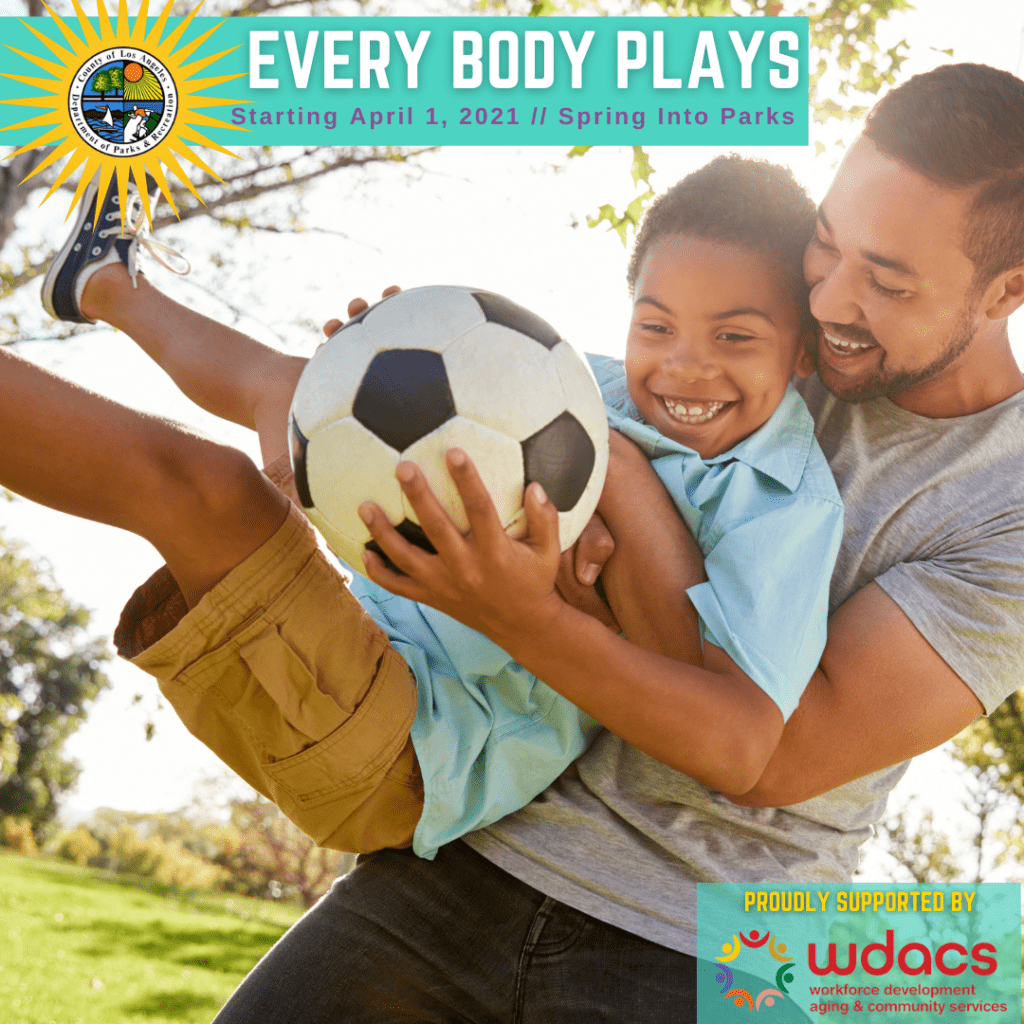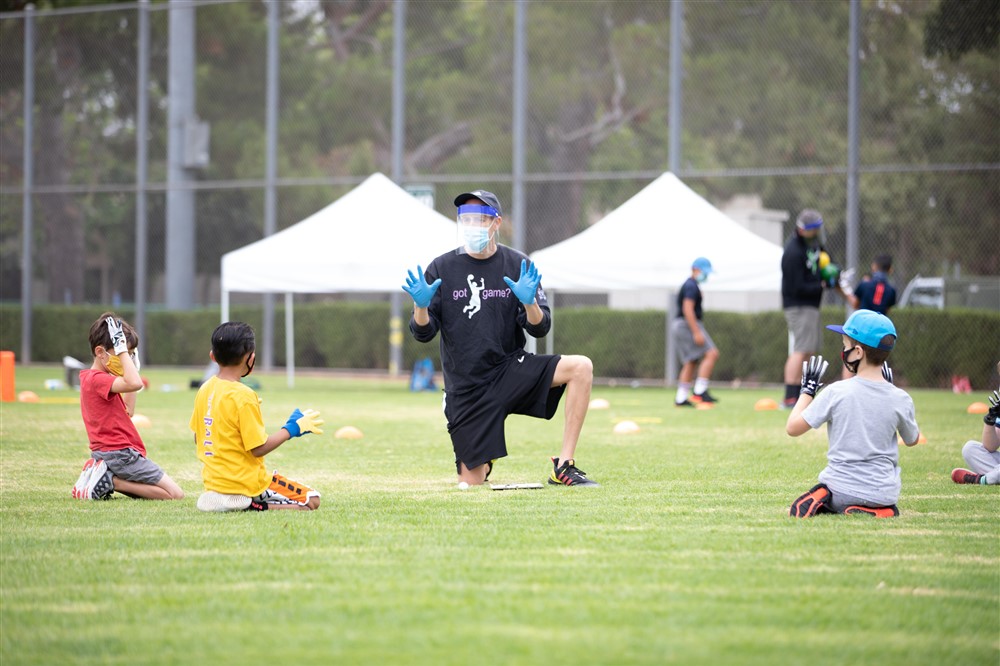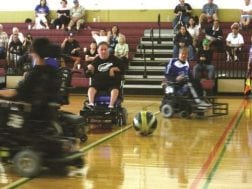(Part one of a nine-part series)
Both of my daughters became interested in sports at an early age. They loved gymnastics, tried dance, took tennis lessons and swam. By early elementary school, they joined our local recreation league in softball and soccer. My eldest daughter continued with softball through her sophomore year in high school, and my youngest daughter played soccer all four years of high school and joined a club team in college.
I saw firsthand the benefits and the challenges of team sports, especially as kids moved beyond rec leagues. We had friends whose kids joined elite club soccer teams in early elementary school, requiring practices three times a week and travel on the weekends for tournaments. We saw kids excel and we saw kids who wanted nothing to do with the sport they once loved.
As parents, how do we know what’s too much? I recently turned to Bianca Edison, M.D., a sports medicine specialist with the Jackie and Gene Autry Orthopedic Center at Children’s Hospital Los Angeles, for some insight. In this nine-part series, we explore the pressures to excel that kids in L.A. face, how to recognize burn out, what to look for in a team and much more.
What would you like parents to know before they sign their kids up for a sports team?
Before signing your child up for a sports team, take some time to truly assess if your child is ready for an organized sports team — or if they should continue engaging in recreational play and learning opportunities with different sports exposure.
Every child is different, and each one grows and develops according to their pace and pathway. There is no standard approach to determining readiness, but there are some key areas to think about. It is important to see if your child is ready physically, mentally and emotionally.
On average, before the age of 6, most children do not possess the basic and fundamental movement motor skills for organized sports. Each sport has varied basic movement requirements for team play (soccer is different from water polo). It is important to ask, “Does my child possess the gross and fine motor skills, as well as body coordination to perform at a certain level for team play?”
Developmentally, the balance for a child younger than 6 is still at its early stages. Furthermore, their ability to track objects while moving, or stationary for that matter, has not matured to a level required for team play.
Between the ages of 6 and 10, most children have basic motor skills for simple sports movements. However, they may not have mastery of eye-hand coordination or dual-task performance.
Regarding mental readiness, assess if your child has the appropriate attention span (limited in children under 6) and ability to be coached or follow multiple directions. Children between the age of 6 and 10 vary in their ability to understand and remember concepts like strategy, teamwork and goal setting.
By the age of 10-12, most children have a foundation of basic and more complex motor skills as well as the cognitive aptitude for more complex tasks, adopt characteristics important for teamwork and exert effort for goal attainment and strategy. At this age, the fun should still be emphasized in fundamentals. Children should not participate in competitive sports teams until they understand and truly believe that their self-worth is not tied to the outcome of a game or their team’s standing in a league.
Elena Epstein is Creative Director of L.A. Parent.







































